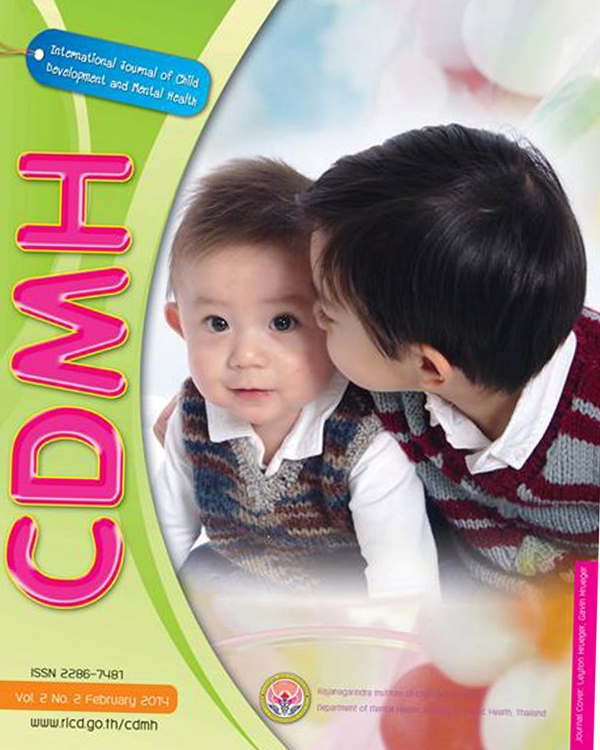Development and Implementation of Evidence-based Interventions for Social Skills Interventions of Children with Autism Spectrum Disorder in Central Taiwan
Main Article Content
Abstract
In order to meet the needs for children with autism spectrum disorder (ASD) and their families living in the rural area in Central Taiwan, we intend to implement an evidence-based program for social skills interventions (SSIs) of out-patient clients with ASD with the incorporation of clients’ needs and values, professional expertise, and research evidences. We first reviewed the empirically-supported interventions for participants with ASD and the distinctiveness of existing clients and their families as well as the capability of the clinicians, then we developed a treatment program to target social skills as well as communication and behavioral difficulties in children with ASD called Multimodal Social Skills, Communication and Behavioral Intervention: MSSCB. Social validity of the intervention was measured by the surveys of family participants. In this paper, we described the integration of the intervention program implementation and the empirically-supported strategies that were based on the reviews of empirically-supported research. The development, guideline, and protocol of the program and samples of intervention activities/ schedule were illustrated. Family participants had recognized the positive outcomes of MSSCB intervention through surveys. In conclusion, the current study had established an evidence-based program for SSIs of participants with ASD at a rural district in Taiwan. The outcomes of social validity surveys and limitations of the MSSCB program were illustrated. In the future, more efforts should be placed in order to fill out the gap between empirical research and clinical application.
Article Details
The authors retain copyright and permit the journal the copyright of first publication
Articles, once having passed the review process and accepted for publication in the CDMH Journal, are copyrighted under the CDMH Journal, Department of Mental Health, Ministry of Public Health. Please be aware distribution of CDMH Journal content for commercial purposes without permission is expressly prohibited. However, distribution with intent to educate, advocate, or spread awareness within the general public and research communities is permitted and encouraged with the understanding that the CDMH Journal Editorial Board do not hold jurisdiction or liability for any accompanying comments, text, or information from third parties, either in favor for or against the original article’s assertions, conclusions, methodology, or content.


